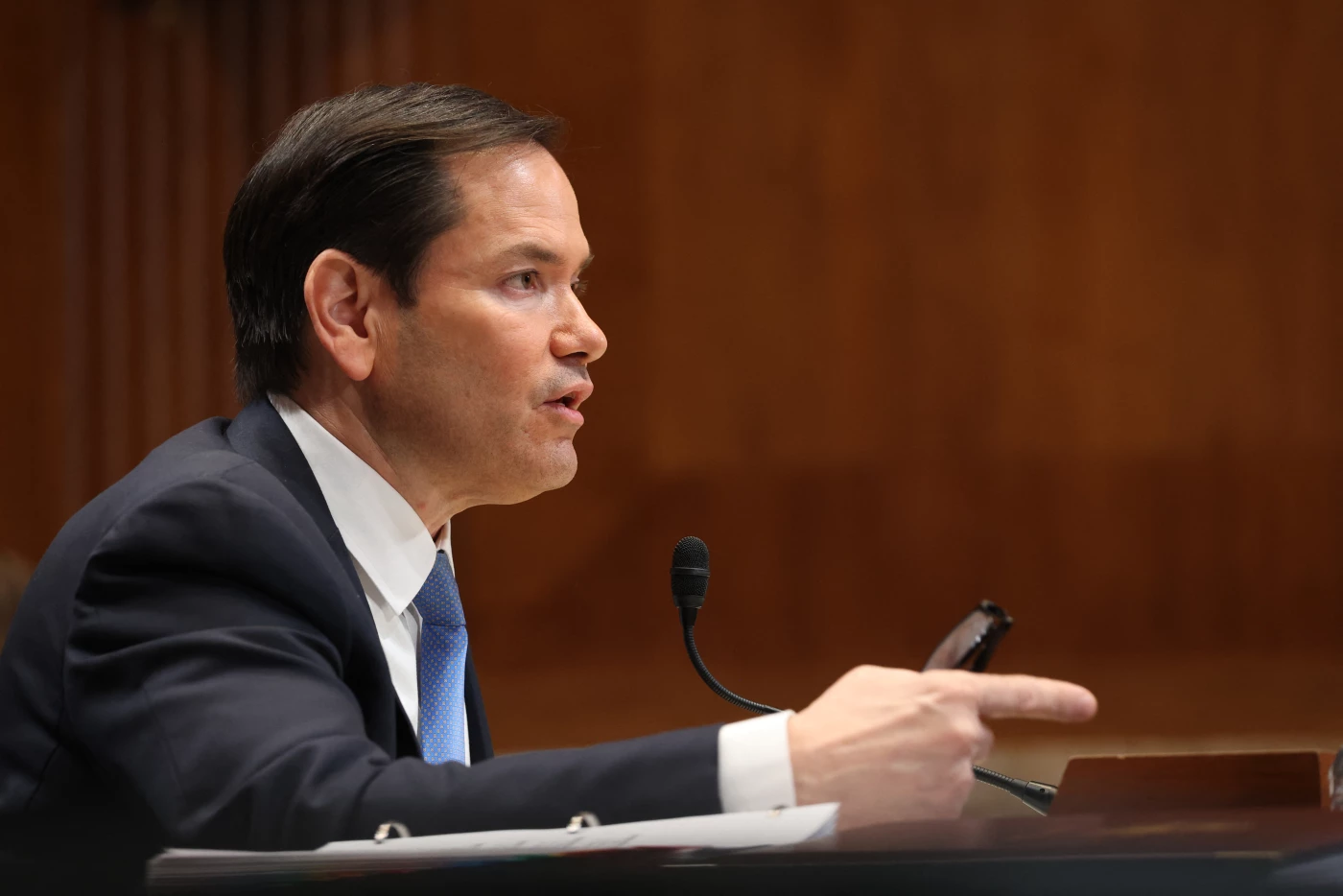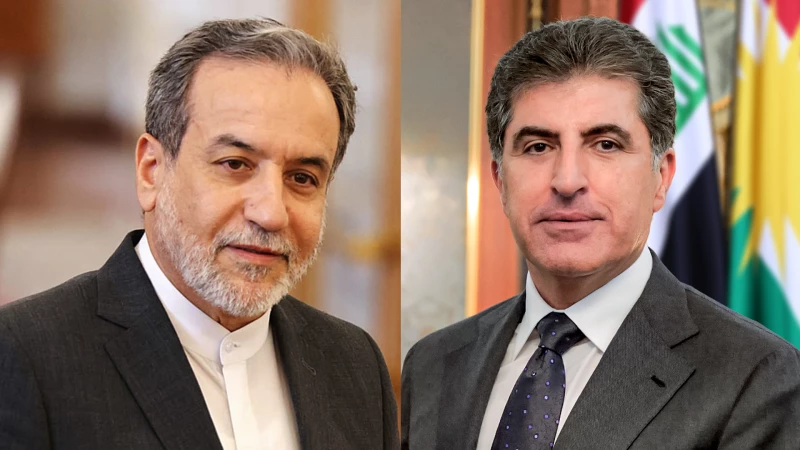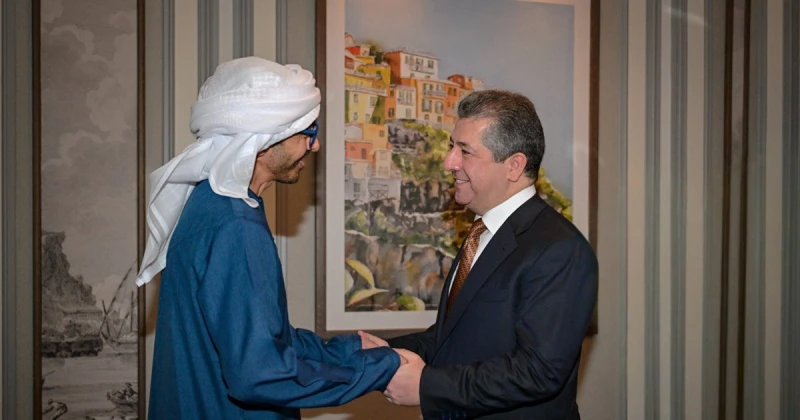ERBIL, Kurdistan Region of Iraq - US Secretary of State Marco Rubio on Wednesday stated that Kurdish autonomy, including economic freedom, is the “linchpin” of Washington’s approach toward Iraq, in reference to the recently-signed deals between the Kurdistan Regional Government (KRG) and American energy firms.
The Iraqi oil ministry on Tuesday said they reject the agreements inked a day earlier between KRG’s natural resources ministry and HKN Energy and WesternZagros to develop oil and gas fields in Sulaimani, saying the procedures violate a 2022 Iraqi federal court ruling prohibiting Iraqi regions and provinces from regulating trade policy with other countries.
The KRG’s natural resources ministry responded to Baghdad’s comments, stating that the agreements are constitutionally valid and have been previously approved by Iraqi courts.
During a House House Foreign Relations Committee hearing on Wednesday, Congressman Joe Wilson asked Secretary Rubio about the Iraqi federal government’s opposition to the deals, which he said was operating under the influence of Iran who is “intruding in trying to stop the agreements.”
“We, first, have made clear that the linchpin of our approach towards Iraq is that autonomy that the Kurdish population has in that part of the country, and part of that is allowing them the economic lifeline that allows them to prosper and succeed,” said Rubio.
“The Iraqi officials have expressed an interest in a closer, better relationship with the United States, and we have explained to them that at the core of that is respect for the companies that are operating in that country… also respect, as I said, for the autonomy of the Kurds,” the secretary added.
Testifying before the House Foreign Relations Committee on Wednesday, US Secretary of State Marco Rubio said that Washington has made clear “the linchpin of our approach towards Iraq is that autonomy that the Kurdish population has… and part of that is allowing them the economic… pic.twitter.com/nJVDgf5Wm5
— The New Region (@thenewregion) May 21, 2025
Rubio noted that Iranian influence has “unfortunately” continued to grow in some sectors of the Iraqi government, which he said “poses a great danger to the United States, including in the form of pro-Iran Shia militias who have in the past struck against the United States and have expressed interest in doing so again in the future. That’s unacceptable and that has to be addressed.”
Rubio’s remarks come during an ongoing official visit by Kurdistan Region Prime Minister Masrour Barzani to the United States, where he has already held a series of high-profile meetings and oversaw the signing of the aforementioned deals. He is also set to meet with Secretary Rubio during the visit.
The Kurdistan Region shares strong ties with the US. Washington has for years provided military aid and training to the Region’s Peshmerga forces. Prime Minister Barzani also shares a strong relationship with the current US cabinet in general.
In a social media post on Tuesday, Wilson said it was an “honor” to meet with the Kurdish premier, adding that he was “furious” with the Iraqi government’s objection to the recently-signed deals, and opposition of “US investments to develop Iraqi gas which is essential to stop Iranian imports.”
“US investments in Kurdistan will always be supported by the US,” wrote Wilson, who has repeatedly called on the US government to take stricter measures against the government in Baghdad considering its strong relations with Iran.
The signings tie in with the Kurdistan Region’s recent attempts at reforming the energy sector. Prime Minister Barzani in October 2024 announced the “Runaki Project,” the KRG's program to provide 24-hour power to residential neighborhoods, a plan that aims to eliminate the electricity issues that the Region has struggled with for decades.
The Iraqi national power grid suffers from a severe lack of gas supply. The country has for years been dependent on Iranian electricity and gas imports to meet about 30 percent of its energy needs. This safety net, however, has grown fragile especially after the US in March declined to renew a sanctions waiver allowing Iraq to import electricity from Iran.
US Congressmen and Senators have collectively stressed that the deals benefit the whole of Iraq, not just the Kurdistan Region, during Prime Minister Barzani’s meetings in Washington.



 Facebook
Facebook
 LinkedIn
LinkedIn
 Telegram
Telegram
 X
X


